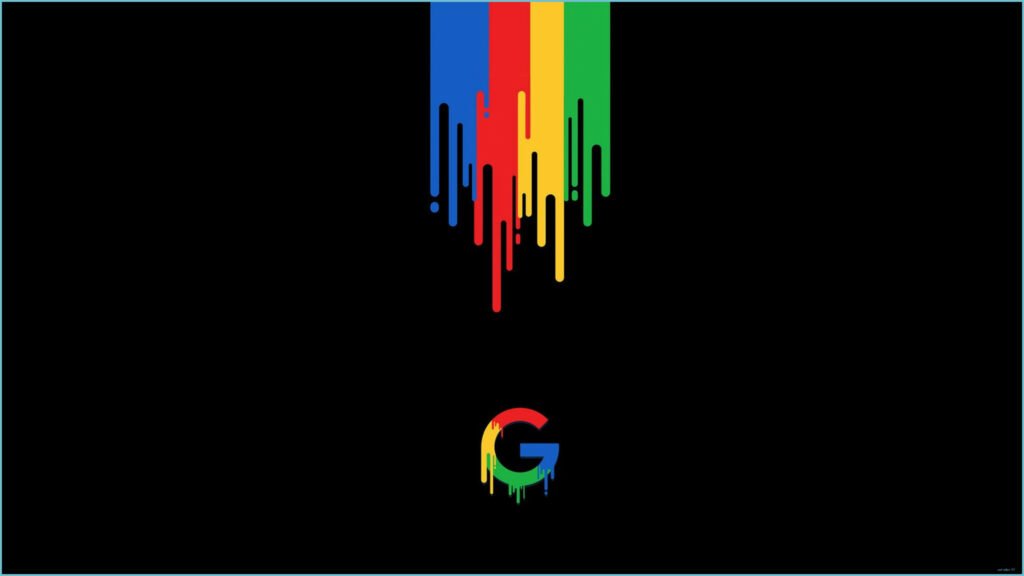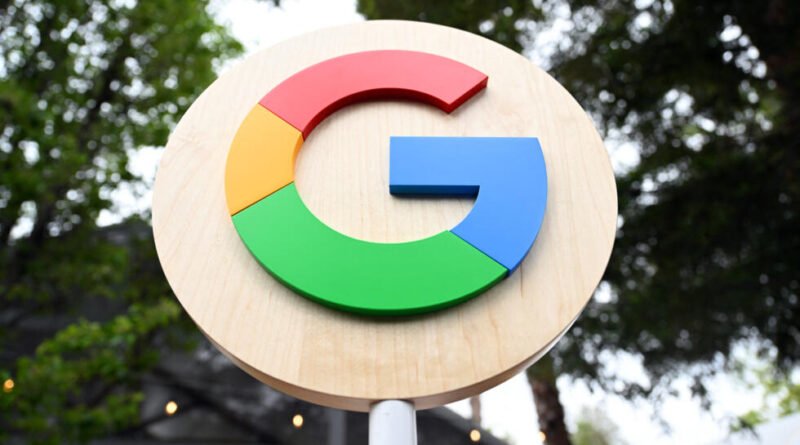US Judge Finds Google Has an Illegal Monopoly on Search
Shares of Alphabet dropped 4.5 percent on Monday, alongside a broad decline in tech stocks, as the wider market plunged on recession fears.
A US judge ruled on Monday that Google breached antitrust laws by spending billions to establish an illegal monopoly and become the default search engine globally. This marks the first significant victory for federal authorities challenging Big Tech’s market dominance.
The ruling sets the stage for a second trial to explore potential remedies, which could include breaking up Google’s parent company, Alphabet. Such a move would alter the landscape of the online advertising market that Google has long dominated.

Additionally, this ruling provides a boost to aggressive US antitrust enforcers targeting Big Tech, a sector that has faced criticism from all sides of the political spectrum.
US District Judge Amit Mehta of Washington, DC, stated, “The court concludes that Google is a monopolist and has acted as such to maintain its monopoly.” Google currently controls about 90 percent of the online search market and 95 percent of the smartphone search market.
The “remedy” phase could be protracted, potentially followed by appeals to the US Court of Appeals for the District of Columbia Circuit and the US Supreme Court. The legal process might extend into next year or even as far as 2026.
On Monday, Alphabet’s shares dropped 4.5 percent due to a broad decline in tech stocks, with the overall stock market plummeting on recession fears. In 2023, Google advertising accounted for 77 percent of Alphabet’s total sales.
Alphabet announced its intention to appeal Judge Mehta’s ruling. In a statement, Google said, “This decision acknowledges that Google provides the best search engine, but it concludes that we should not be permitted to make it readily accessible.”
US Attorney General Merrick Garland described the ruling as “a historic win for the American people,” emphasizing that “no company—regardless of its size or influence—is above the law.”
White House press secretary Karine Jean-Pierre also praised the decision, calling it a “pro-competition victory for the American people.” She added that “Americans deserve an internet that is free, fair, and open to competition.”
Mehta observed that Google spent $26.3 billion (approximately Rs. 2,20,748 crore) in 2021 alone to secure its position as the default search engine on smartphones and browsers, thus maintaining its dominant market share.
“The default position is extremely valuable real estate,” Mehta noted. “Even if a new competitor were well-positioned in terms of quality to bid for the default spot when an agreement ends, such a company could only compete if it was ready to offer partners billions of dollars in revenue share and compensate them for any potential revenue losses due to the change.”
He added, “Google obviously understands that losing default positions would significantly impact its financial performance. For example, Google has estimated that losing the Safari default could lead to a major reduction in queries and billions of dollars in lost revenue.”
This ruling marks the first major decision in a series of cases addressing alleged monopolies in Big Tech. The case, initiated by the Trump administration, was heard by a judge from September to November of the previous year.
Evelyn Mitchell-Wolf, a senior analyst at Emarketer, noted, “A forced divestiture of the search business would cut Alphabet off from its largest revenue source. Even losing the ability to secure exclusive default agreements could be damaging for Google.” She also mentioned that a prolonged legal process might delay any immediate impacts for consumers.

Over the past four years, federal antitrust regulators have also filed lawsuits against Meta Platforms, Amazon.com, and Apple, accusing them of illegally maintaining monopolies. These cases were all initiated during former President Donald Trump’s administration.
Senator Amy Klobuchar, a Democrat and chair of the Senate Judiciary Committee’s antitrust subcommittee, highlighted that the case’s progression across different administrations demonstrates strong bipartisan support for antitrust enforcement. “It’s a major victory for the American people that antitrust enforcement remains robust in protecting competition,” she said. “Google is a blatant monopolist.”
When filed in 2020, the Google search case marked the first time in a generation that the US government accused a major corporation of illegal monopoly practices. Microsoft had settled with the Justice Department in 2004 over similar claims involving its Internet Explorer browser on Windows.

